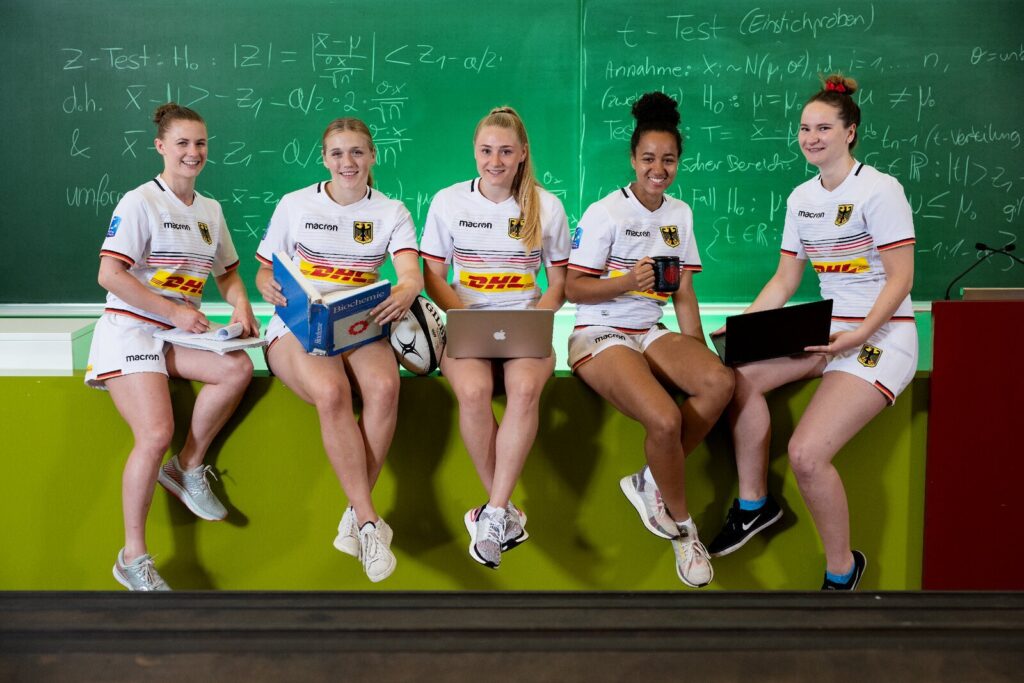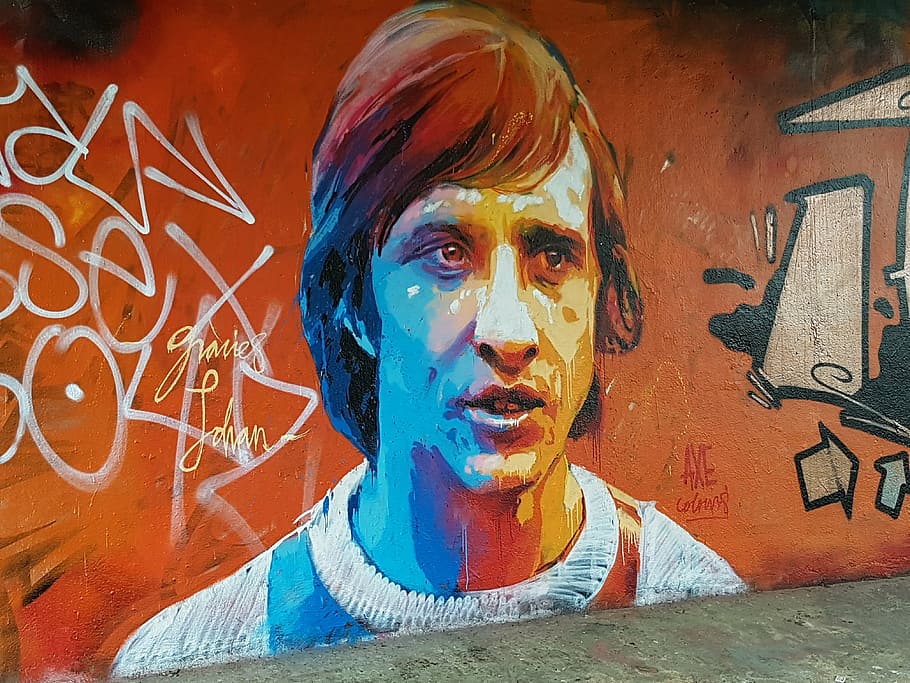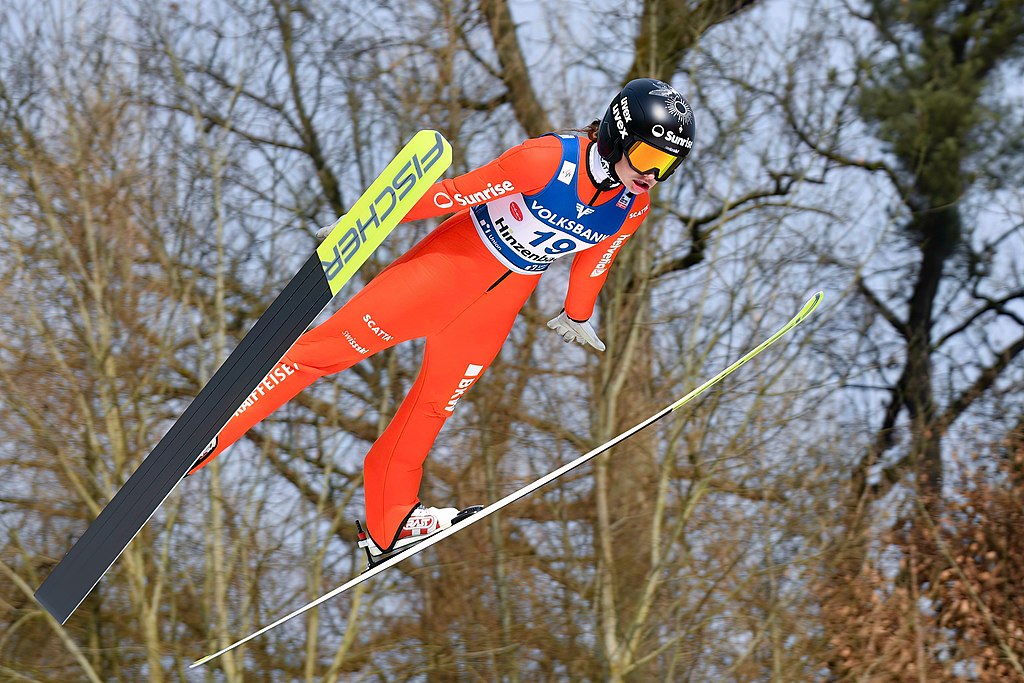In the making
INTERVIEW: SPORTLYCÉE LUXEMBOURG
Pascal Schaul is the director of the national Luxembourgish school for talented athletes, Sportlycée Luxembourg. In STARTING 11, Pascal accounts for monitoring the creation of tools for the European Dual Career Toolkit. As we have reached the end of this phase, we took the opportunity to talk to Pascal about the recent project developments.
“Expertise. Creativity. Teamwork. Digitalization.”
STARTING 11: Tool development – the heart of the project. Could you shortly describe the aspects that this phase of STARTING 11 entailed?
Pascal Schaul: The so-called “creation phase” of the European Dual Career Toolkit can be summarized in four key words: Expertise. Creativity. Teamwork. Digitalization.
From analogue ideas and concepts towards a digital toolkit for European dual career service providers. What were the main steps in this demanding process?
The creation phase roots in the needs assessment, STARTING 11 had conducted in 2019. The gathered results helped us ultimately define what type of tools dual career stakeholders in Europe actually require. Before we started to work on these tools, it was very important to develop an effective working method. We decided to create different expert groups, each under the lead of a topic specialist. A systematized coordination between these teams, me and the overall project leads assured the future consistency of the toolkit. Once this working method was sorted out, we took a lot of time for the brainstorming process. It was crucial to structure all ideas and methods deriving from the manifold fields of expertise of our project partners. After this, we worked on the concrete content of the dual career tools.
This is the analogue side of things. How did transforming the content into an applicable and user-friendly digital language work out?
Truly, digitalization has been an extensive part of the creation phase. Consequently, STARTING 11 teamed up with the Digital Society School Amsterdam, an institute which is specialized on learning experience, education development, service & UX design respectively communication & information technology. Together, we cautiously built the design and functionality of the European Dual Career Toolkit. In the form of an intertwined process, the results of the work groups stimulated our digital development, and the same the other way round. This was a very interesting experience.
What were the decisive factors for success in this phase?
Without a doubt, one factor was that all project partners could find an overall philosophy together about how to promote dual careers of talented and high-performance athletes, despite our cultural differences and versatile national systems. Further, throughout the whole creation phase, the ambition of the project required a high-level energy and time from our partners. Especially in times of COVID-19, this engagement of experts who have leading roles in their systems, should not be taken for granted. Finally, another essential in this phase for me was the aforementioned coordination of physical and digital processes. If this coordination does not work, the best practical methods will not have impact when provided as e-tools.
And what about the main challenges?
One main challenge was developing a high diversity of dual career tools out of a huge pile of international resources and, consequently, ensuring consistency in the European Dual Career Toolkit. However, with great support and guidance of our project leaders, I think that the whole team of STARTING 11 overcame this challenge successfully.
To end with, let us look ahead. The first European dual career stakeholders are currently testing the tools. What can these users expect?
I am confident that they can expect high-quality tools based on leading European dual career practice which we hope substantially impact their daily dual career work. In any case, after all this time of preparation and design, it is exciting to see our product being implemented for the first time.
The test phase of STARTING 11 takes place between October 2020 and February 2021. In spring, the gathered feedback of European dual career stakeholders will be used to refine the European Dual Career Toolkit.


